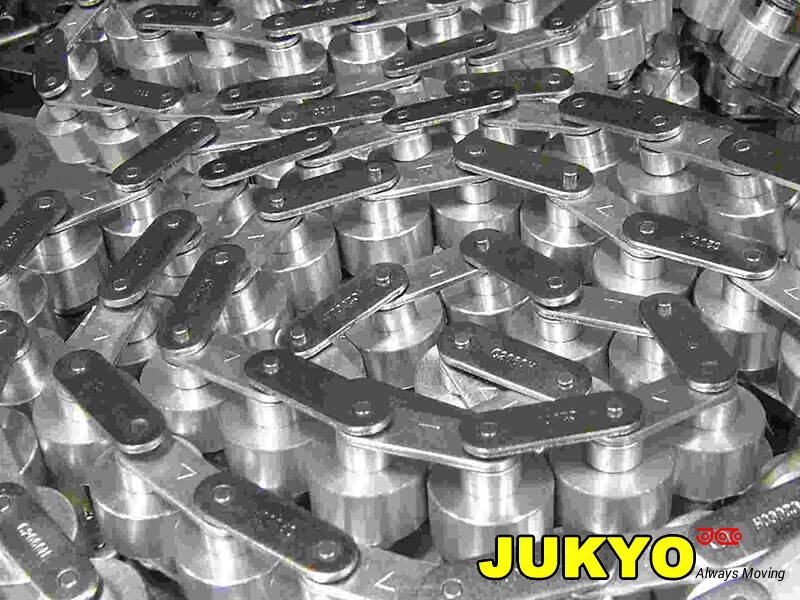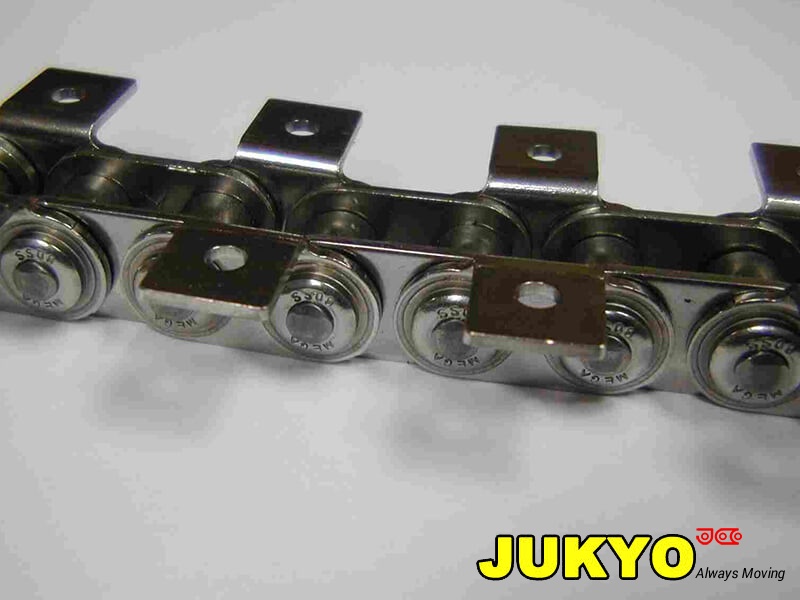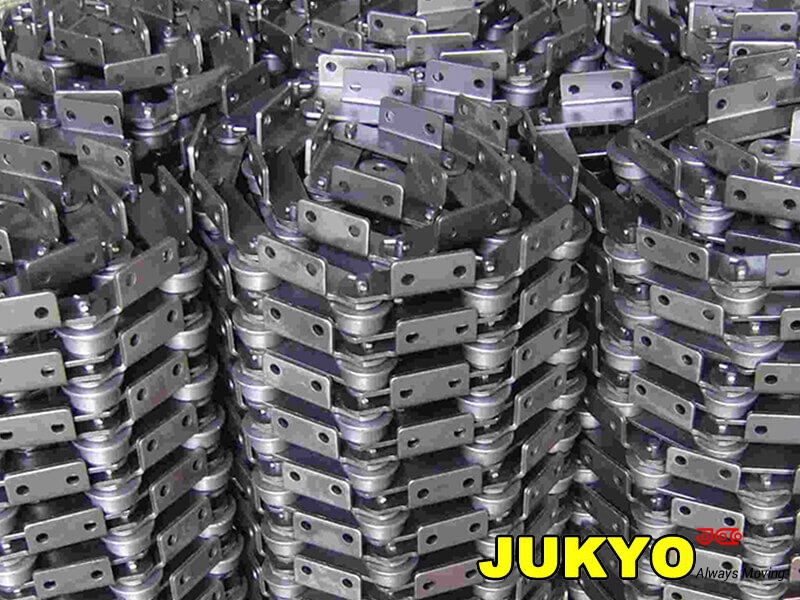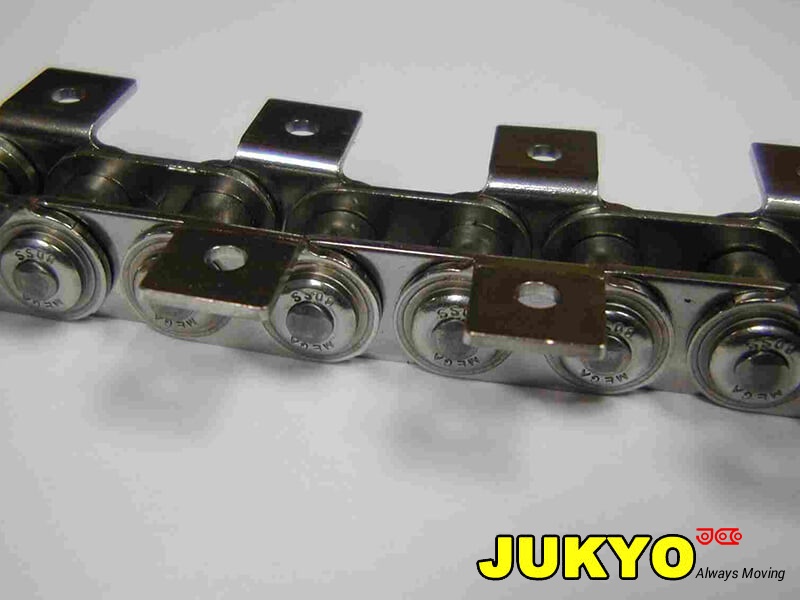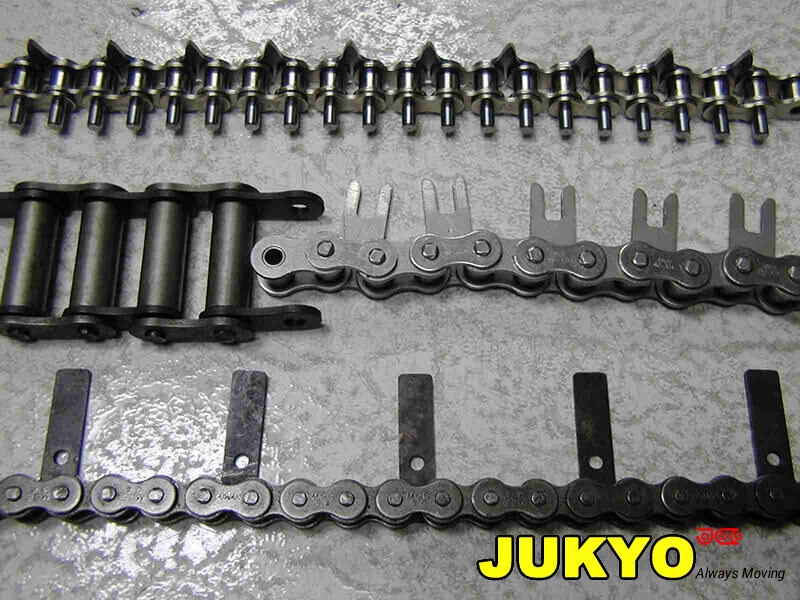When it comes to selecting the right magnetic drive pump for your application, understanding the differences between plastic and metallic options is crucial. Each type has its own set of advantages and limitations, making them suitable for different environments and uses. Below article, we will explore these differences to help you make an informed decision.
Plastic Magnetic Drive Pumps
Advantages:
- Corrosion Resistance: Plastic magnetic drive pumps are highly resistant to corrosive chemicals. This makes them ideal for industries such as chemical processing, where handling aggressive substances is common.
- Lightweight: These pumps are generally lighter than their metallic counterparts, making them easier to install and maintain.
- Cost-Effective: Plastic pumps are often more affordable, both in terms of initial investment and long-term maintenance costs.
Limitations:
- Temperature Sensitivity: Plastic pumps may not perform well under extreme temperatures. They are generally not suitable for applications involving very high or very low temperatures.
- Mechanical Strength: While they are resistant to corrosion, plastic pumps may not offer the same level of mechanical strength as metallic pumps, making them less suitable for high-pressure applications.
Metallic Magnetic Drive Pumps
Advantages:
- Durability: Metallic pumps are known for their durability and can handle high-pressure applications more effectively.
- Temperature Tolerance: These pumps can operate efficiently under a wide range of temperatures, making them versatile for various industrial applications.
- Mechanical Strength: Metallic pumps offer superior mechanical strength, making them ideal for demanding environments.
Limitations:
- Corrosion: Metallic pumps are susceptible to corrosion when exposed to certain chemicals, which can limit their lifespan and efficiency.
- Weight: These pumps are generally heavier, which can make installation and maintenance more challenging.
- Cost: Metallic pumps are often more expensive, both in terms of initial cost and maintenance.
Which One is Right for You?
The choice between plastic and metallic magnetic drive pumps depends largely on your specific needs and the environment in which the pump will operate. If you are dealing with corrosive chemicals and need a cost-effective solution, a plastic magnetic drive pump might be the best choice. However, if you require a pump that can withstand high pressures and extreme temperatures, a metallic magnetic drive pump would be more suitable.
Promoting Centrifugal Magnetic Drive Pump Products – Taiwan ASSOMA INC.
When selecting a magnetic drive pump, it’s essential to consider reputable manufacturers who can provide high-quality products and reliable customer support. Centrifugal magnetic drive pumps are particularly popular due to their efficiency and reliability in various industrial applications. These pumps are designed to handle a wide range of fluids, including corrosive and hazardous substances, making them a versatile choice for many industries.
Since 1978, Assoma has been a world-class brand in the magnetic pump industry. As a leading magnetic drive pump manufacturers, Assoma is committed to providing environmentally friendly and energy-efficient solutions. Their plastic chemical pump products are designed to reduce environmental impact and ensure safe handling of aggressive chemicals. Such as their top canned motor pumps, magnetically driven centrifugal pump, PFA and ETFE lined pump and etc.



Whether you need a custom OEM magnetic pump or a standard solution, Assoma’s expertise and dedication to quality make them a trusted partner in the industry. For more information, please write down the contact form now.
By understanding the differences between plastic and metallic magnetic drive pumps, you can make an informed decision that best suits your needs. Whether you choose a plastic or metallic pump, partnering with a reputable manufacturer like Assoma ensures you receive a high-quality, reliable product.






